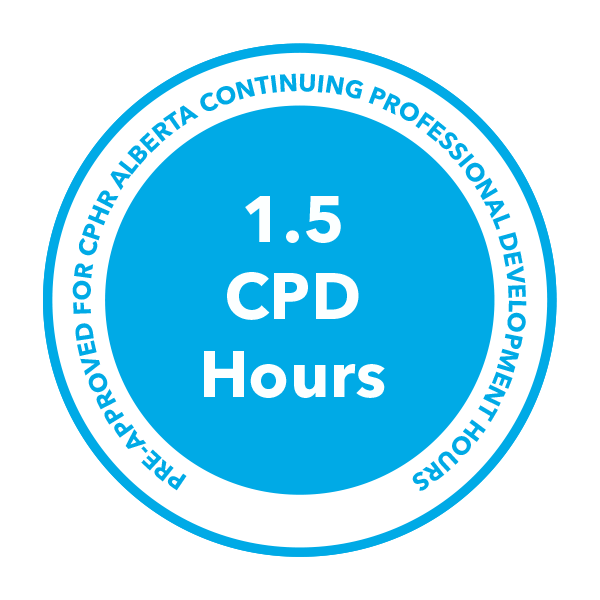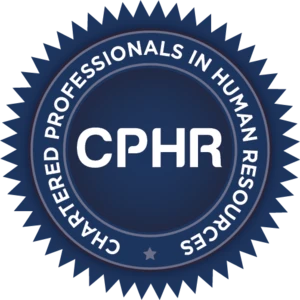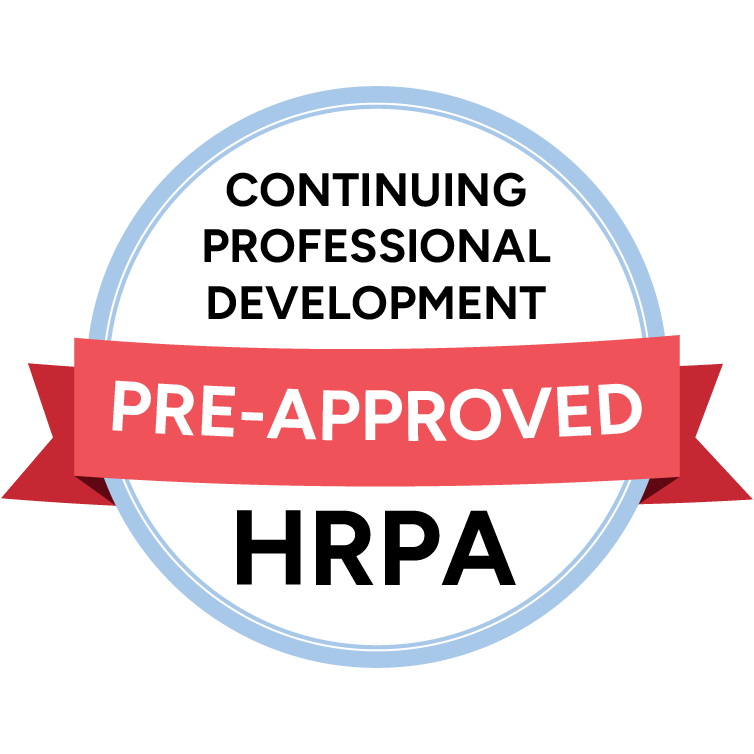$595.00Add to cart
Program
If a mental health emergency occurred at work today, would you and your organization know how to respond? In this webinar, expert panelists will examine key legal obligations and provide essential guidance in proactively addressing mental health crises in the workplace. The webinar will examine questions including:
- What signs may indicate that an employee is struggling with a mental health issue? How can these concerns be identified for employees working remotely? When may the “duty to inquire” arise and what steps must employers and unions take to fulfill this duty?
- How, where, and when should employers or union representatives ask someone if support and/or accommodation is needed for a mental health issue? How should managers and union representatives engage with someone who is reluctant to discuss a possible mental illness or disability?
- Does an employer’s duty to provide a safe work environment extend to ensuring psychological safety at work? What steps can organizations take to create workplaces where employees feel able to come forward before reaching a crisis point?
- What signs may indicate that an employee is in crisis and what steps should be taken in response? For example, how should employers and union representatives respond when an employee:
-
-
- Experiences a panic attack?
- Engages in or expresses thoughts of self-harm or suicide?
- Appears out of touch with reality or intoxicated?
- Utters threats or appears on the verge of violence?
-
- What steps should be taken following a mental health crisis at work? How can organizations balance the need to communicate with other employees regarding the situation while respecting employee privacy? What additional steps should be taken where the crisis involves or impacts multiple employees (for example, in the event of a traumatic incident in the workplace)?
- Is it ever permissible or appropriate to discipline an employee who engages in misconduct as a result of a mental health crisis? May an employer require medical proof that an employee is fit to return to work following a crisis?
- Can employers and unions be held liable for failing to appropriately respond to a mental health crisis?
- What steps should organizations take now to prepare for potential future mental health emergencies?
Moderator
Speakers
Jenna Brookfield
National Health and Safety Representative
Canadian Union of Public Employees (CUPE)










